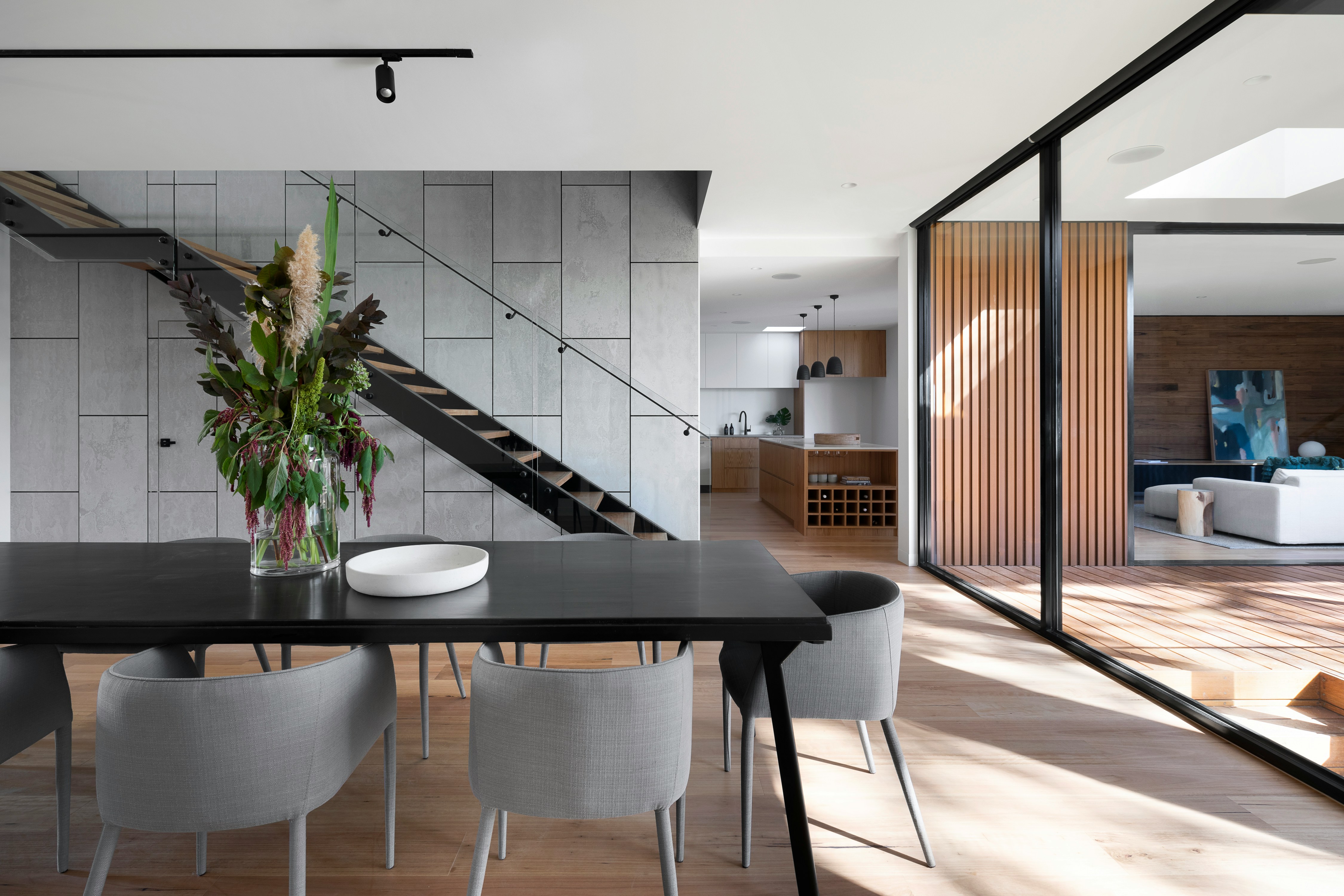
Improvement
The Power of Natural Light in Architectural Design
Posted By : Javier Marc
Posted On : Feb 12, 2024
In the world of architecture, the interplay between interior and exterior spaces is a delicate dance, where every step is choreographed to create harmony and purpose. It's a symphony of design, engineering, and artistry that transcends the physical boundaries of a building. In this article, we delve into the profound relationship between the interior and exterior aspects of architectural design, exploring how architects craft seamless transitions and memorable experiences.
Creating Connection through Design
For architects, crafting the connection between the interior and exterior is akin to composing a powerful narrative. The design of a building should facilitate the effortless flow between the inside and the outside, enhancing the occupant's experience. Large windows that frame picturesque landscapes, open floor plans that spill into outdoor terraces, and the strategic placement of skylights are all architectural devices used to blur the lines between what's inside and what's beyond.
One iconic example of this is the Glass House by Philip Johnson. The transparent glass walls of the building erase the boundaries, allowing the surrounding nature to become an integral part of the interior space. This connection with the exterior, with the ever-changing seasons and natural elements, makes the architecture itself an art form that evolves with time.
Functionality Meets Aesthetics
Architects understand that the relationship between interior and exterior isn't just about aesthetics; it's about functionality and purpose. The design should cater to the specific needs of the occupants, whether it's a home, office, or public building. Consider the graceful arcs of the Sydney Opera House's exterior; they don't merely serve an aesthetic purpose but also provide structural support and acoustical benefits to the interior concert hall.
In contemporary architecture, sustainability and environmental consciousness play a significant role in the interplay between interior and exterior. The use of eco-friendly materials, passive solar design, and green spaces that extend from the interior to the outside are examples of how architecture is now embracing the natural environment for both functionality and aesthetics.
Memorable Experiences through Transitions
The most memorable architectural experiences often come from the transitions between indoor and outdoor spaces. A grand entrance that opens to a lush courtyard, a spa with a seamless poolside view, or a restaurant with an outdoor dining terrace – these transitions are carefully designed to create a lasting impression. The experience is not just about what's inside the four walls; it's about the journey, the transitions, and the connections that unfold as one moves through the space.
In conclusion, the relationship between interior and exterior in architecture is a journey that transcends mere functionality and aesthetics. It's about storytelling, sustainability, and creating memorable experiences. Architects are the master choreographers of this dance, seamlessly blending the spaces to turn buildings into harmonious, functional, and aesthetically pleasing works of art. It's through this interplay that architecture truly becomes an enduring legacy, shaping our experiences and the way we interact with the world around us.


